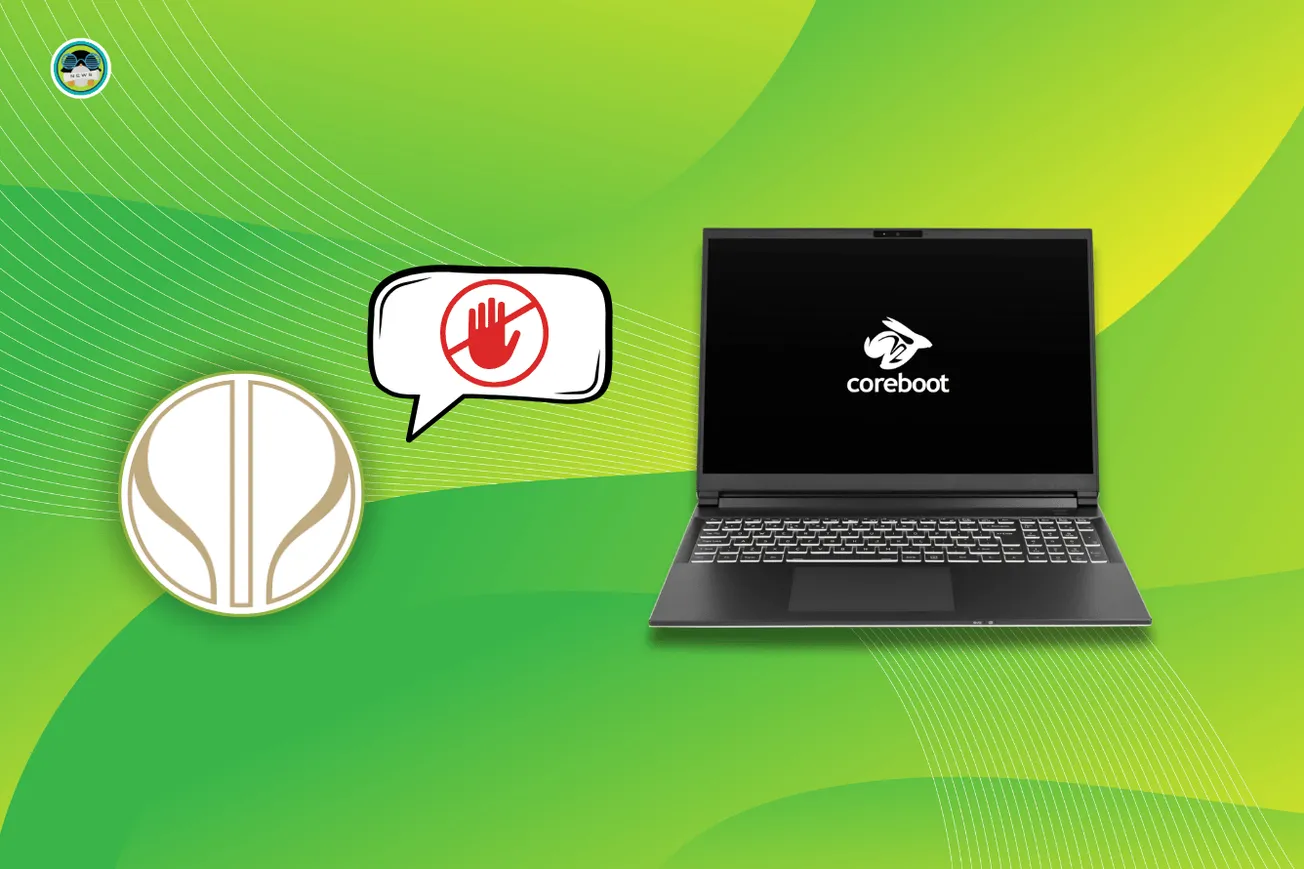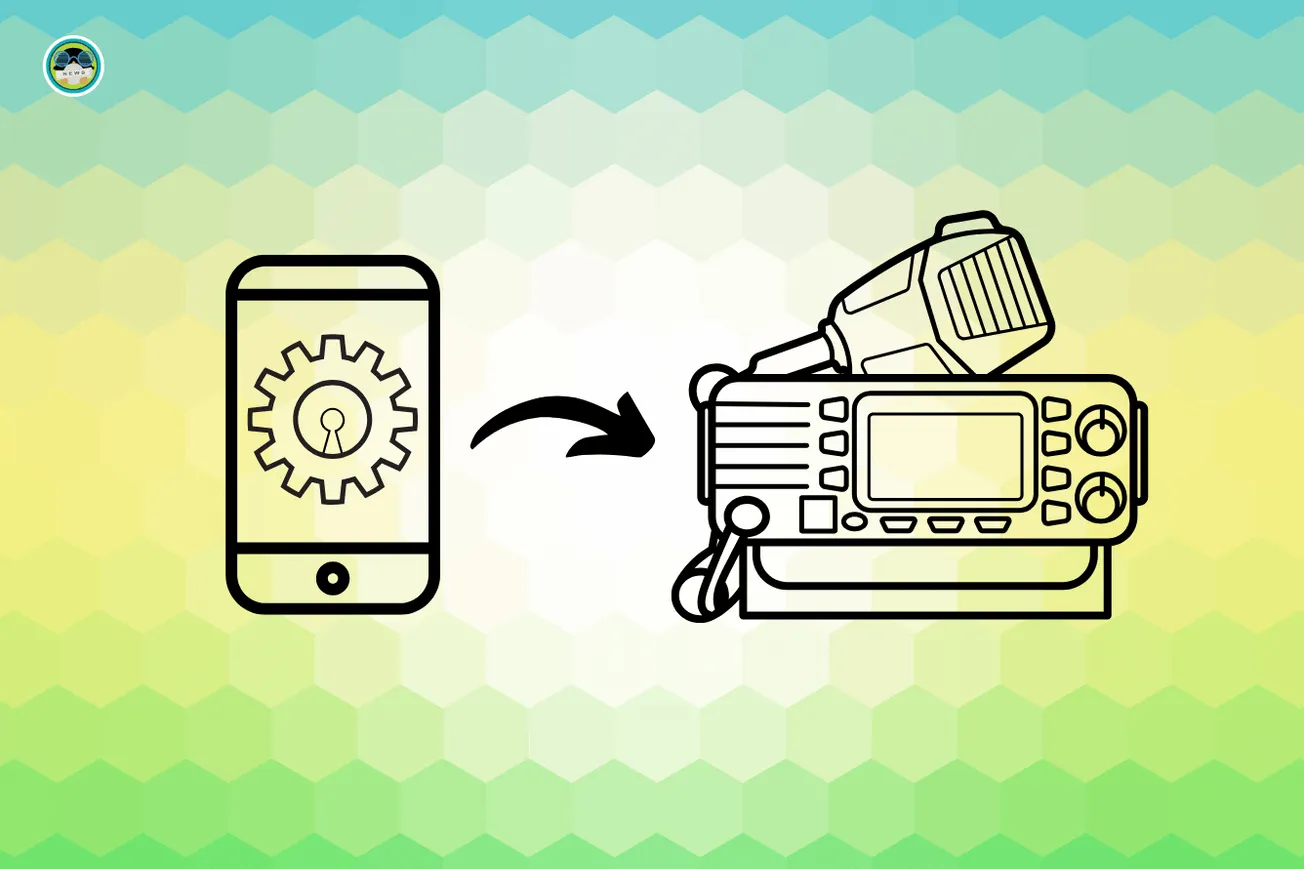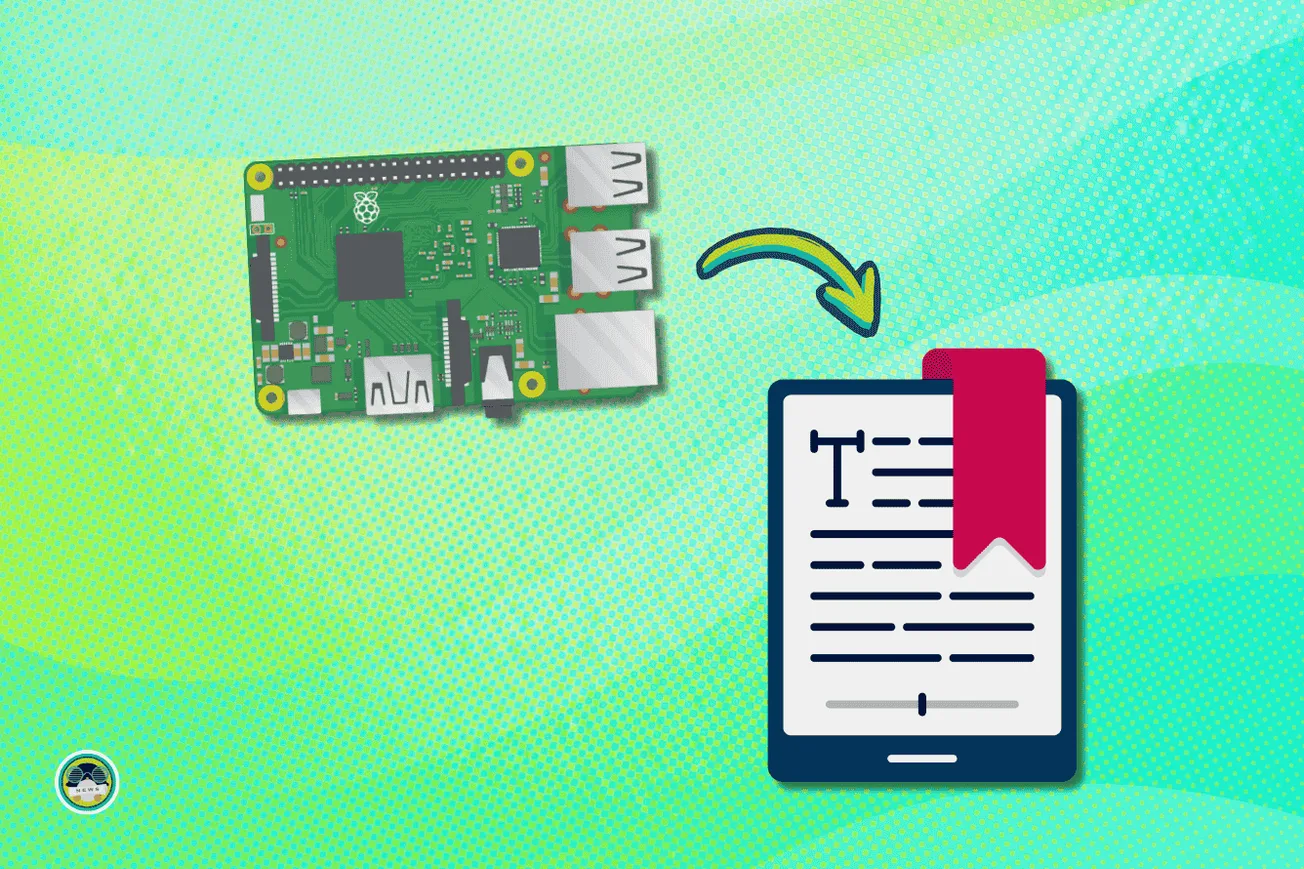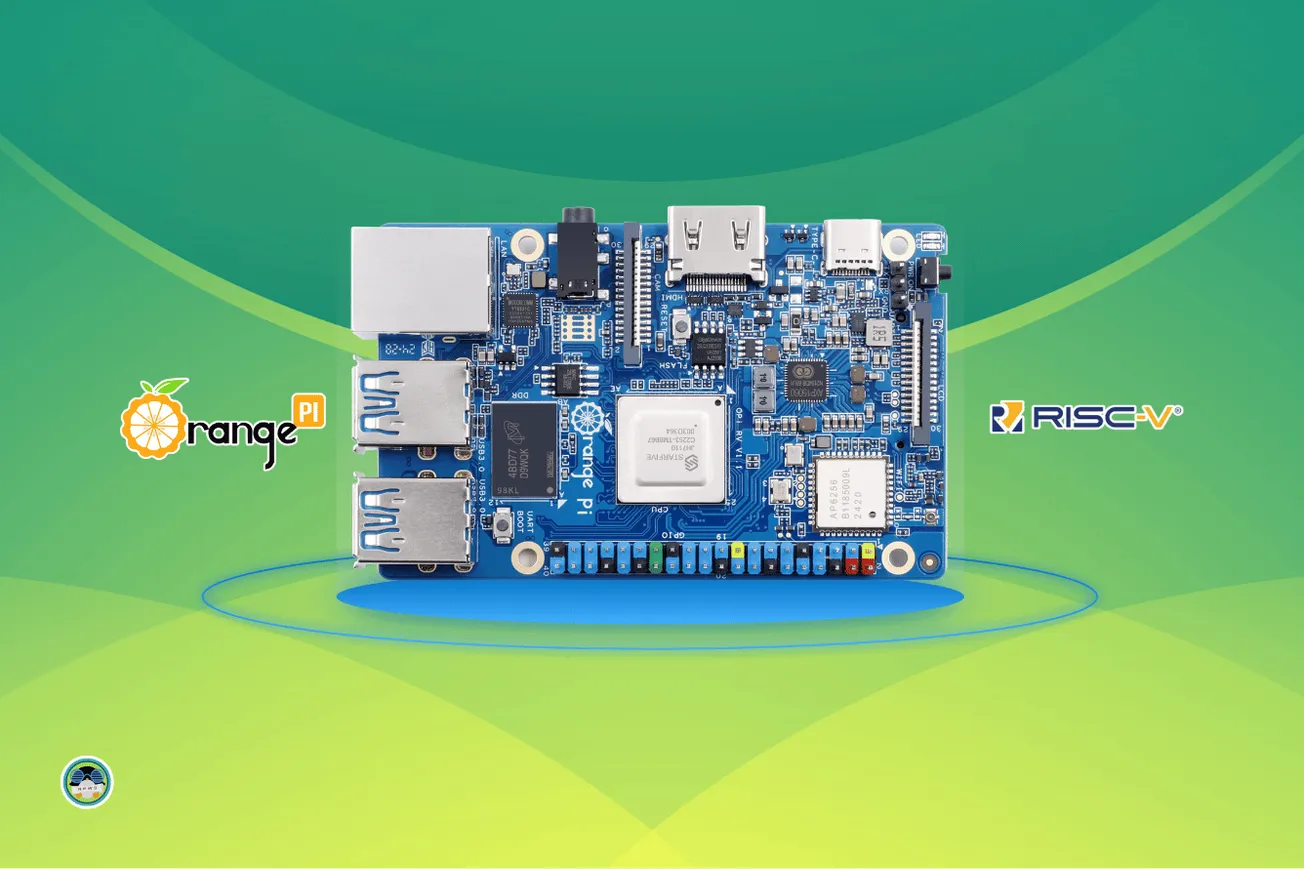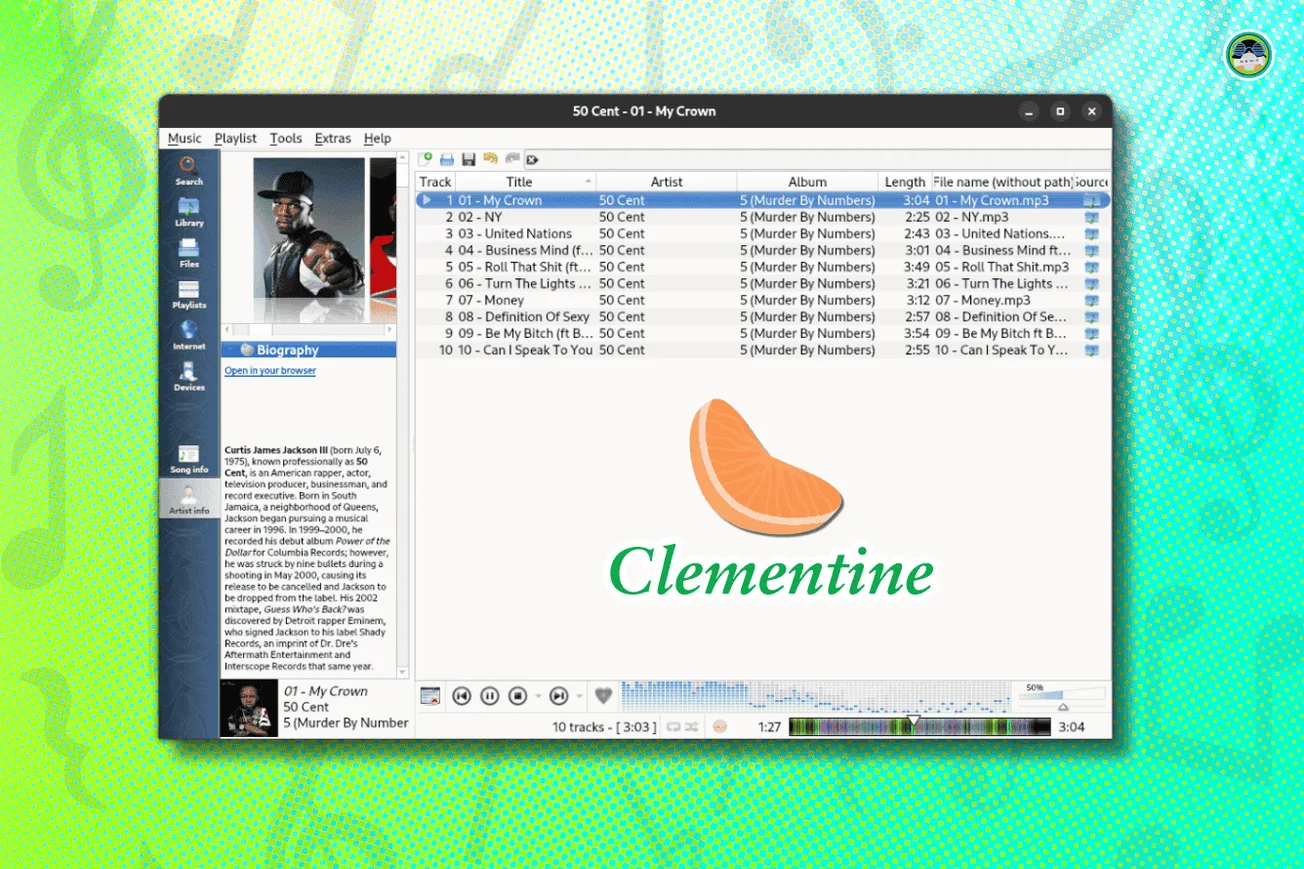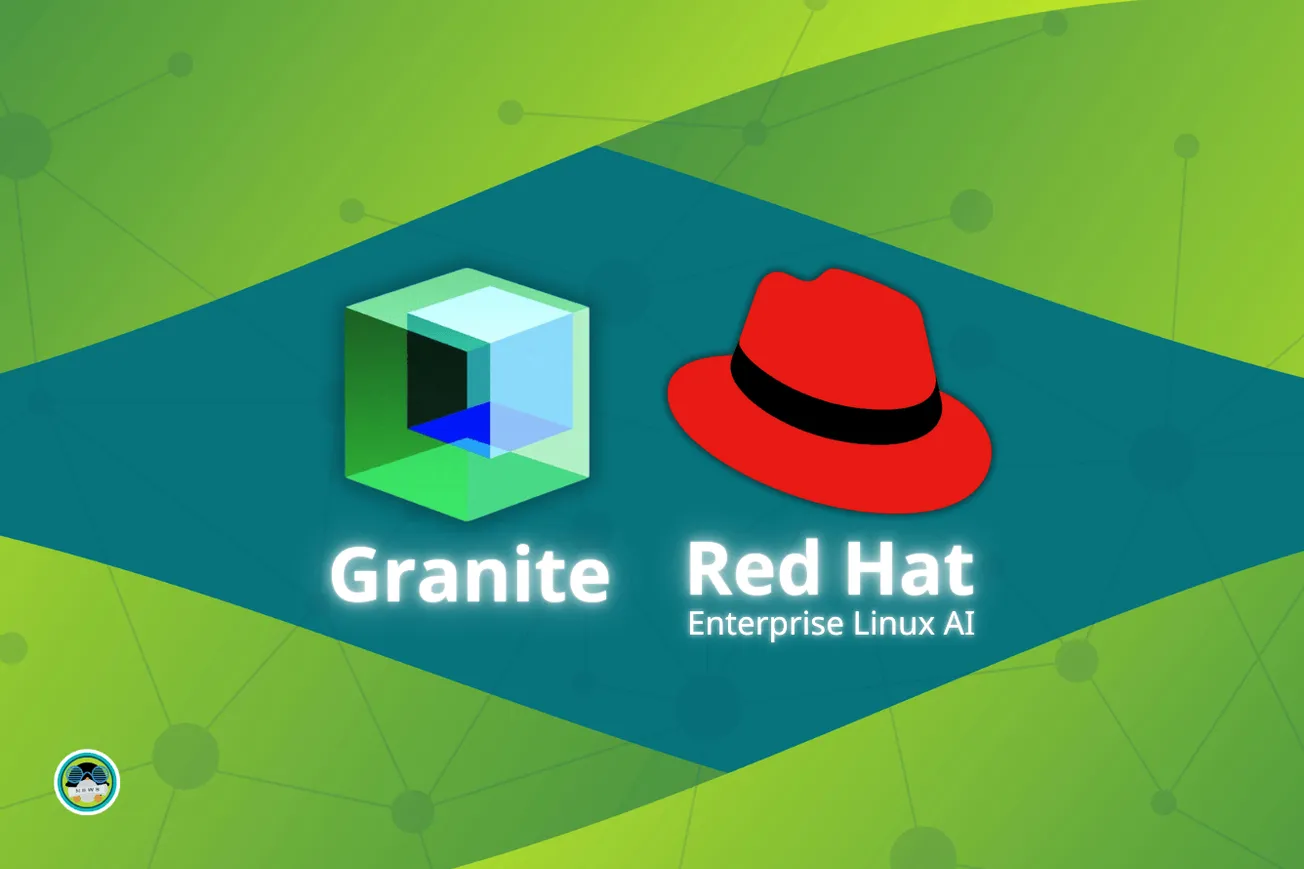
BeagleV is a single board computer (SBC) that runs Linux out of the box. The computer has been announced by Seeed Studio and Beagleboard.org in collaboration with SiFive (Star Five).
The BeagleV runs on a RISC-V CPU that is capable of running Linux and can also be used in edge compute applications such as training autonomous vehicles, object detection, speech processing and many more workloads related to AI.
What’s the big deal with RISC-V?
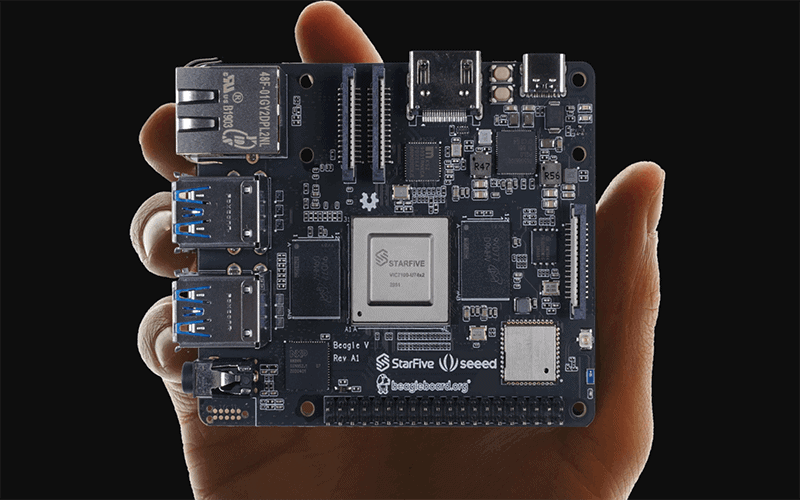
The mainstream computers are powered by Intel and AMD’s processors based on x86 architecture. Another alternative is ARM processors based on RISC (Reduced Instruction Set Computer) architecture.
For its smaller size and relatively lower power consumption, ARM processors are preferred for single board computers.
So, what about RISC-V then? Well, ARM is a brand, a company that makes these processors or license them. On the other hand, RISC-V is not a company. It’s just a standard. An open standard and no licensing attached to it. This means RISC-V processor can be manufactured by any hardware vendor.
In BeagleV, the RISC-V processor is from SiFive, a company specializing in RISC-V processors. This makes BeagleV running on open source software as well as open hardware.
Yes, the BeagleV’s software and hardware are completely open source, and you can find the source code and schematics for the same when the board is released here.
Specifications and Features
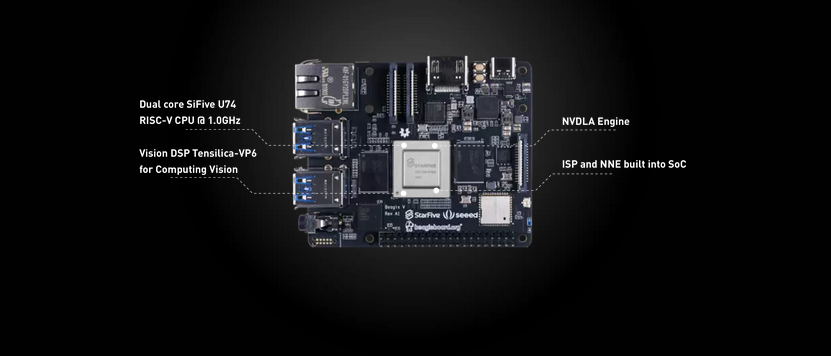
The BeagleV is powered by a SiFive U74 RISC-V Dual core processor which runs at 1.5 GHz, has 2 MB of L2 cache and is coupled with a Vision DSP Tenisilica-VP6 for computing vision, a single-core NVDLA Engine (Nvidia Deep Learning Accelerator) for artificial intelligence workloads and a Neural Network Engine.
The CPU is based on two SiFive U74 Standard Cores. The U74 is a single-core RISC-V processor that is capable of running Linux and other edge compute applications.
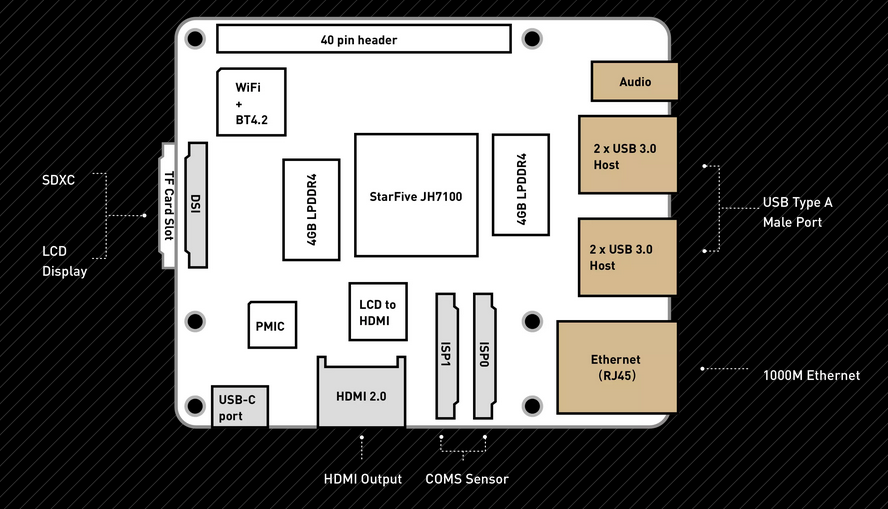
Here’s a quick look at its specification
- 2.4 GHz Wi-Fi and Bluetooth 4.2 connectivity.
- 1 x HDMI with support up to 1080P@30FPS.
- 4 x USB 3.0 ports for plugging in mouse, keyboard, pen drives or any other peripherals.
- 1 x Gigabit Ethernet port for gigabit internet connectivity.
- 1 x 3.5 mm audio jack for plugging in audio peripherals.
- microSD card slot for storing data and the operating system on a memory card.
- 40-Pin GPIO Header for connecting sensors, cameras, displays, etc.
- A USB Type-C port for providing power (5V@3A) to the board.
There is also speculation that the board will be supporting Raspberry Pi HATs. If that is true then the users of BeagleV can easily plug in their existing HATs to their boards and expect the same functionality.
Pricing and Availability
Two variants are on offer, the 4 GB variant which comes equipped with a single 4 GB LPDDR4 SDRAM stick and the 8 GB variant which comes equipped with two 4 GB LPDDR4 SDRAM sticks. The pricing for the two variants are $119 and $149 respectively. There’s no difference between the two variants other than the price.
Currently, BeagleV is scheduled to get a full release sometime in 2021, we are not yet sure exactly when though. We will be sure to cover it when it does, so do keep an eye on It’s FOSS News.
But, if you want early access to the BeagleV you can fill out this form and wait for their reply. Initially, only the 8 GB variant will be made available through the early access program.
Wrapping up
The BeagleV will be entering a space which is already dominated by the cheaper Raspberry Pi 4 and Nvidia’s Jetson Nano.
Unlike these two options, the BeagleV’s software and hardware are going to be completely open source and freely accessible to the users, but the price is a bit high compared to the alternatives. It will be interesting to see how the BeagleV fares.
What do you think about the BeagleV?, Will it be able to make a mark in the SBC (Single Board Computer) space?
Here's why you should opt for It's FOSS Plus Membership
- Even the biggest players in the Linux world don't care about desktop Linux users. We do.
- We don't put content behind paywall. Your support keeps it open for everyone. Think of it like 'pay it forward'.
- Don't like ads? With the Plus membership, you get an ad-free reading experience.
- When millions of AI-generated content is being published daily, you read and learn from real human Linux users.
- It costs just $2 a month, less than the cost of your favorite burger.

